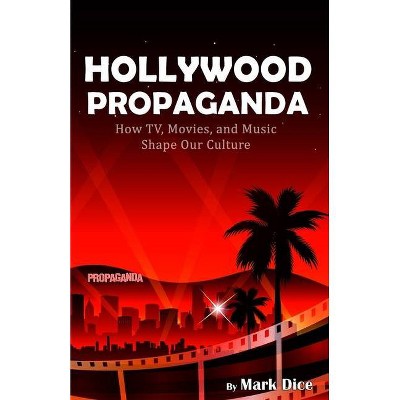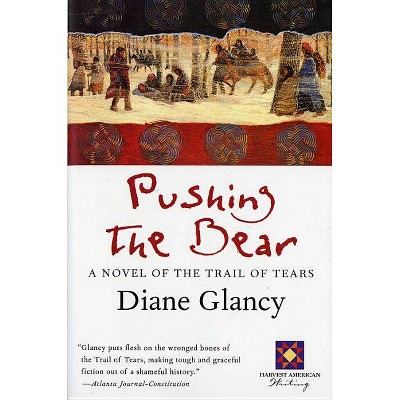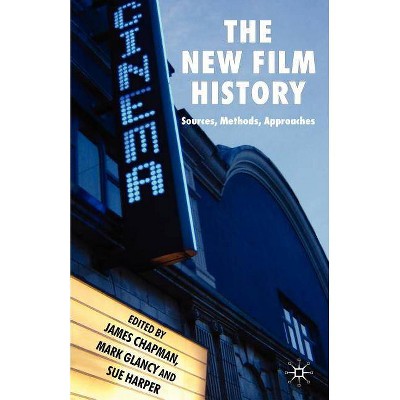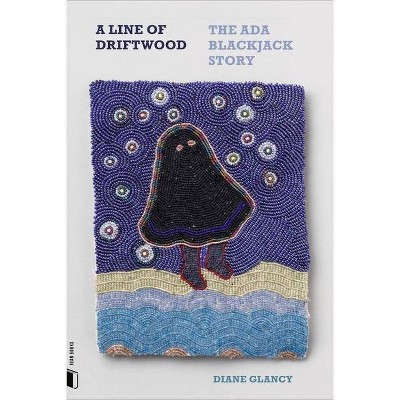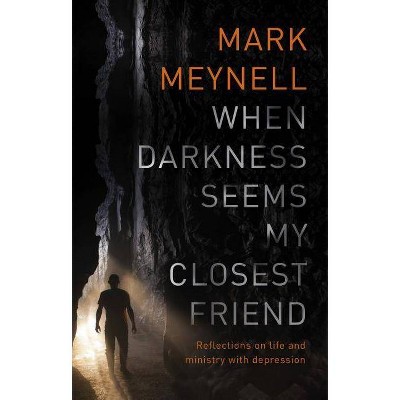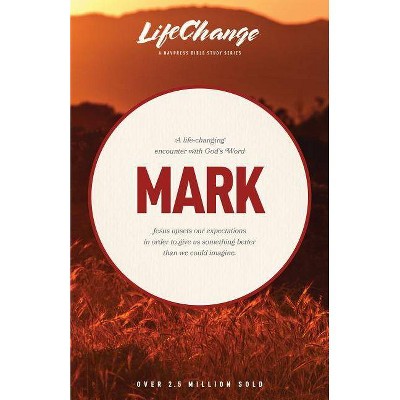When Hollywood Loved Britain - by Mark Glancy & H Mark Glancy (Paperback)
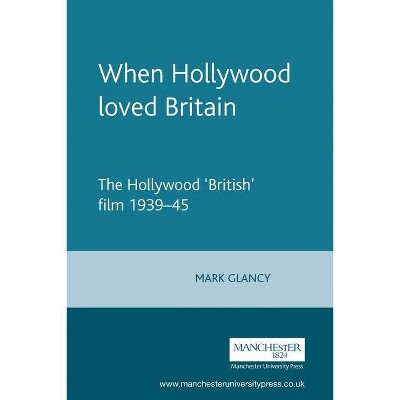
Similar Products
Products of same category from the store
AllProduct info
<p/><br></br><p><b> About the Book </b></p></br></br>Examines American films that were set in Britain, based on British literature or history and included the work of British producers, directors, writers, stars and character actors<p/><br></br><p><b> Book Synopsis </b></p></br></br>Many of the most popular and memorable films of Hollywood's studio era were 'British' films; that is, American films that were set in Britain, based on British literature or history and included the work of British producers, directors, writers, stars and character actors. While the British<br>film industry struggled to find an international market for its own films, Hollywood enjoyed resounding success with 'British' films such as The Adventures of Robin Hood, Cavalcade, David Copperfield, Foreign Correspondent, Goodbye Mr Chips, Jane Eyre, Lady Hamilton, Mrs Miniver, Mutiny on the<br>Bounty, Rebecca, The Sea Hawk, Wuthering Heights and A Yank in the RAF, yet these works have received little attention from film historians and even less attention as a body of films. When Hollywood loved Britain seeks to redress this by examining why the films were made, how they portrayed Britain<br>and how they were received by audiences, critics and wartime propaganda agencies in both the United States and Britain. <p/>While When Hollywood loved Britain focuses on the 'British' films made during the Second World War, it also investigates wider issues: the influence on censorship and propaganda agencies, studio finances and box-office returns, the isolationist campaign in the United States between 1939 and 1941 and<br>American perceptions of Britain at war. The book is based upon original research conducted in film industry and government archives and utilises a wealth of documents that have only recently become available. These include the production files and financial ledgers of the major Hollywood studios and<br>the records on the Hays Office, the United States Office of War Information and the British Ministry of Information.<br><p/><br></br><p><b> From the Back Cover </b></p></br></br>Many of the most popular and memorable films of Hollywood's studio era were 'British' films; that is, American films that were set in Britain, based on British literature or history and included the work of British producers, directors, writers, stars and character actors. While the British film industry struggled to find an international market for its own films, Hollywood enjoyed resounding success with 'British' films such as The Adventures of Robin Hood, Cavalcade, David Copperfield, Foreign Correspondent, Goodbye Mr Chips, Jane Eyre, Lady Hamilton, Mrs Miniver, Mutiny on the Bounty, Rebecca, The Sea Hawk, Wuthering Heights and A Yank in the RAF, yet these works have received little attention from film historians and even less attention as a body of films. When Hollywood loved Britain seeks to redress this by examining why the films were made, how they portrayed Britain and how they were received by audiences, critics and wartime propaganda agencies in both the United States and Britain. While When Hollywood loved Britain focuses on the 'British' films made during the Second World War, it also investigates wider issues: the influence on censorship and propaganda agencies, studio finances and box-office returns, the isolationist campaign in the United States between 1939 and 1941 and American perceptions of Britain at war. The book is based upon original research conducted in film industry and government archives and utilises a wealth of documents that have only recently become available. These include the production files and financial ledgers of the major Hollywood studios and the records on the Hays Office, the United States Office of War Information and the British Ministry of Information.<p/><br></br><p><b> About the Author </b></p></br></br><br>Mark Glancy is Lecturer in History at Queen Mary and Westfield College, University of London<br>
Price History
Price Archive shows prices from various stores, lets you see history and find the cheapest. There is no actual sale on the website. For all support, inquiry and suggestion messages communication@pricearchive.us
